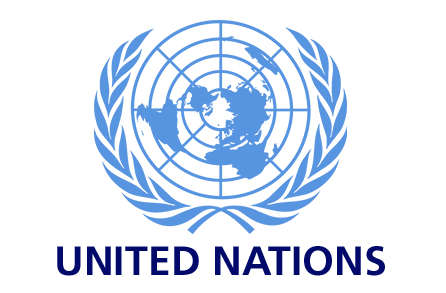International organisations such as the World Health Organisation (WHO) are responsible for the promotion of health on a global scale. WHO was established in 1948 after World Ward II and are the directing and coordinating authority on international health within the United Nations. Their goal is
to build a better, healthier future for people all over the world
WHO is based in Geneva and has 194 member states, 6 regional offices and over 7000 people on staff. WHO works in “Close partnerships with UN agencies, donors, foundations, academia, non-governmental organizations and the private sector.” [2]
International organisations such as WHO help to combat both communicable and incommunicable diseases and use experts in various health areas to analyse global health data, assess critical health issues, pose solutions and make recommendations to countries around the world. They also help respond to emergencies such as the recent Zika virus outbreak in Brazil (see here).
WHO have 6 leadership goals:
- Advancing universal health coverage: enabling countries to sustain or expand access to all needed health services and financial protection, and promoting universal health coverage.
- Achieving health-related development goals: addressing unfinished and future challenges relating to maternal and child health; combating HIV, malaria, TB, and completing the eradication of polio and a number of neglected tropical diseases.
- Addressing the challenge of noncommunicable diseases and mental health, violence and injuries and disabilities.
- Ensuring that all countries can detect and respond to acute public health threats under the International Health Regulations.
- Increasing access to quality, safe, efficacious and affordable medical products (medicines, vaccines, diagnostics and other health technologies).
- Addressing the social, economic and environmental determinants of health as a means to promote health outcomes and reduce health inequalities within and between countries.
International organisations such as WHO:
- Provide leadership on matters critical to health
- Provide health guidelines for countries to utilise in the development of their own guidelines.
- Set standards and norms for health issues
- Coordinate, conduct and evaluate research into health issues
- Provide technical support to countries, and
- Monitor health trends and provide guidance to respond to these trends.
For more information on the World Health organisation see here.
Other international organisations related to health promotion include: UNICEF, International Committee of the Red Cross, OXFAM, The World Food Programme, Medecins Sans Frontieres (MSF), and Care International.
Further reading
[1] http://www.who.int/about/what-we-do/global-guardian-public-health/en/[2] http://www.who.int/about/what-we-do/global-guardian-of-public-health.pdf
